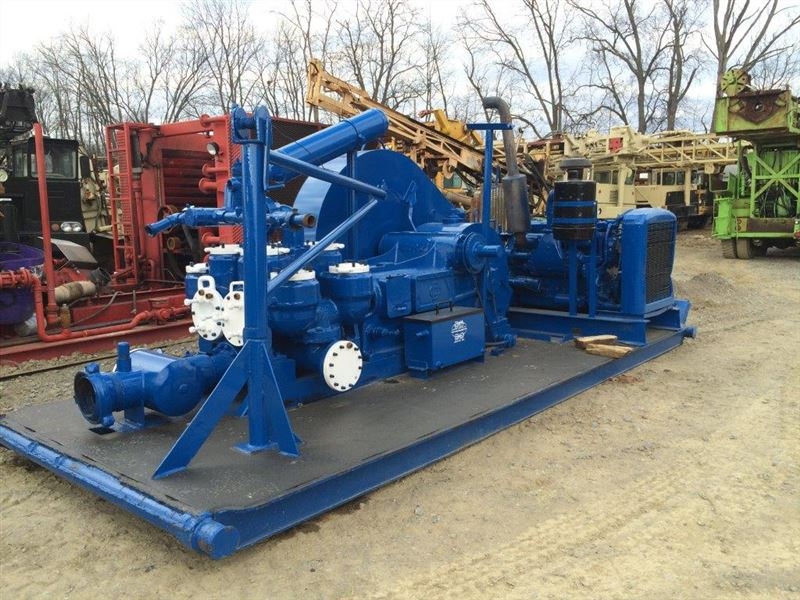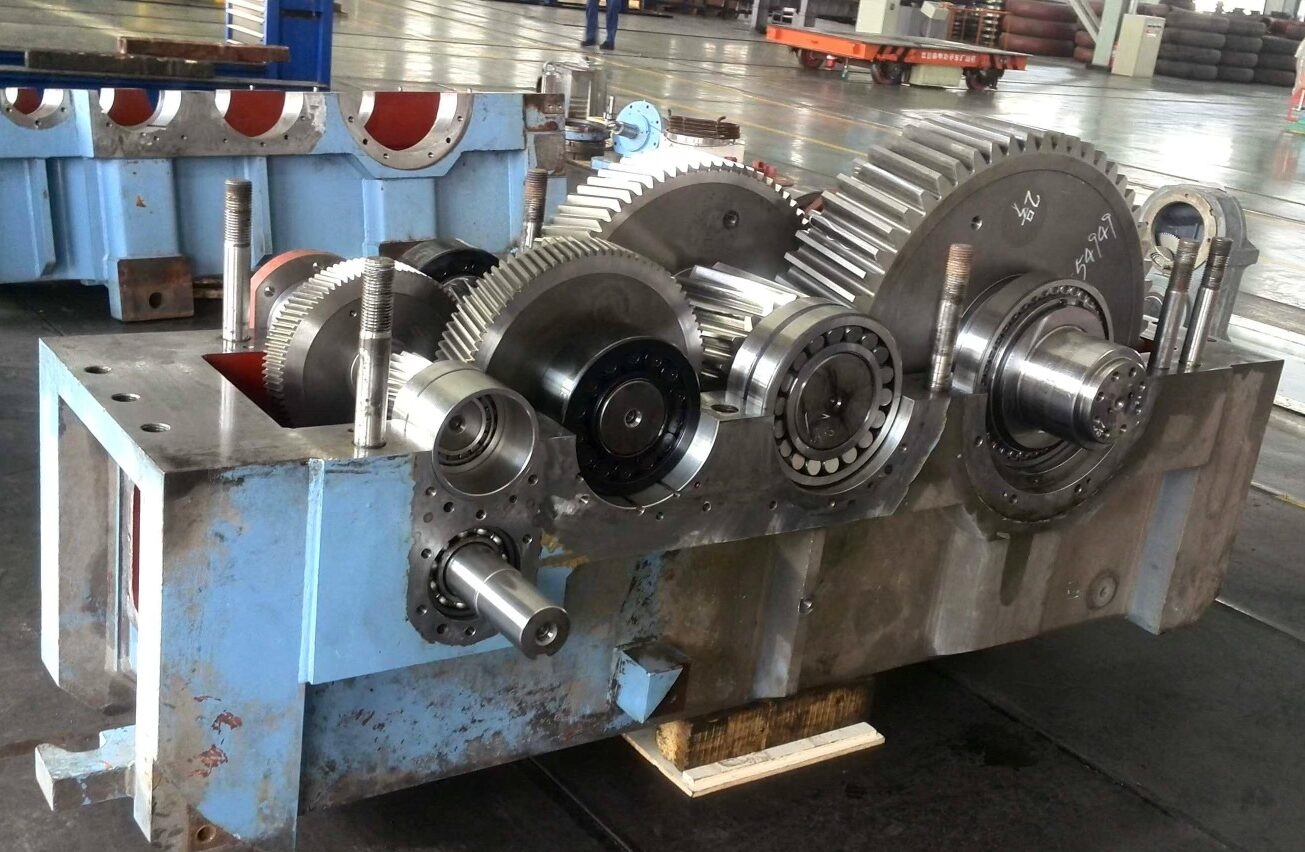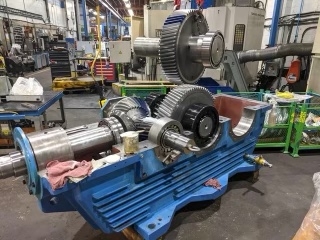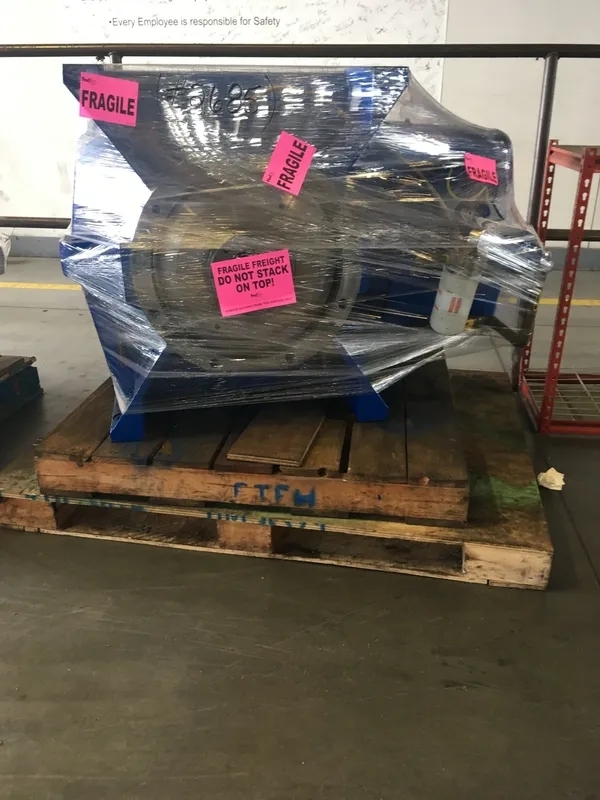

Dielectric fluid in EDM tooling should be checked and replaced regularly to ensure optimal performance. It is recommended to check the fluid level and condition before each use, and replace it every 500 hours of operation or sooner if contamination is detected. Regular maintenance of the dielectric fluid helps to prevent arcing, improve machining accuracy, and extend the lifespan of the equipment.
To clean and maintain wire guides in EDM tooling, it is important to regularly inspect them for any signs of wear or damage. Use a soft brush or compressed air to remove any debris or buildup that may affect the wire's movement. Additionally, applying a small amount of lubricant to the wire guides can help reduce friction and prolong their lifespan. Proper maintenance of wire guides ensures smooth wire movement and accurate machining results.
Tompkins County poised for manufacturing boom with Menlo Micro and Micron investments “Menlo Micro announced a significant investment of over $50 million to establish a fabrication facility in Lansing, near Ithaca, New York, signaling a major boost for the local manufacturing workforce.” Read more Plug Power wins $75 million grant from DOE “The Latham hydrogen … NYS Manufacturing and Tech News 3.11.24 Read More »
Posted by on 2024-03-15
We continue our blog series on the great work of our New York State assets in Advanced Materials across the state. This week, we feature the work of Rensselaer Polytechnic Institute (RPI) in Troy, NY, and their work on next generation building technology with an aim to decarbonize the built environment. This includes working with … Advanced Materials Strengths and Assets in NYS: Focus on Rensselaer Polytechnic Institute Read More »
Posted by on 2024-02-28
Embark on an enlightening exploration of New York’s economic transformation with special guest Alyson Slack from MRB Group, as we uncover the past and present of the state’s manufacturing sector. Together with FuzeHub’s Steve Melito we chart the course from a robust production history to a burgeoning service-oriented economy, all while acknowledging manufacturing’s lasting contributions … Podcast: Building Better Economies Read More »
Posted by on 2024-03-18
New $25M beauty manufacturing and innovation hub for Black- and women-owned businesses coming to Brooklyn Navy Yard “The Brooklyn Navy Yard is set to be home to a new $25 million state-of-the-art manufacturing, incubator, and accelerator facility focused on helping Black- and women-owned health and beauty businesses launch and grow in New York City.” Read … NYS Manufacturing and Tech News 3.4.24 Read More »
Posted by on 2024-03-08
In our third feature in our New York State Assets blog series on Advanced Materials, we focus on the groundbreaking work at the University at Buffalo. Their Department of Materials Design and Innovation focuses on accelerating lab discoveries into practical engineering applications. They are pioneering new approaches in material science education and research, leveraging technologies … Advanced Materials Strengths and Assets in NYS: Focus on University at Buffalo Read More »
Posted by on 2024-03-06
Preventing electrode wear during EDM tooling operations is crucial for maintaining machining accuracy and prolonging the lifespan of the electrodes. To minimize wear, operators should ensure proper flushing of the workpiece area to remove debris and prevent recast layers from forming on the electrode surface. Using high-quality electrodes, adjusting machining parameters, and monitoring tool wear regularly can also help prevent premature wear and maintain optimal performance.

Maintaining the integrity of the workpiece surface during EDM tooling maintenance requires careful attention to detail and proper handling of the equipment. Operators should avoid excessive sparking, maintain a consistent flushing rate, and monitor the machining process closely to prevent surface damage. Using the correct machining parameters, ensuring proper electrode alignment, and regularly inspecting the workpiece surface can help maintain its integrity and achieve high-quality results.
When storing EDM tooling when not in use, it is important to follow best practices to prevent damage or corrosion. Store the equipment in a clean, dry environment away from moisture and direct sunlight. Use protective covers or cases to shield the tooling from dust and debris. Additionally, apply a thin layer of rust inhibitor or lubricant to metal components to prevent corrosion. Proper storage practices help prolong the lifespan of EDM tooling and ensure it is ready for use when needed.

Signs that indicate it is time to replace the power feed contacts in EDM tooling include poor machining accuracy, inconsistent cutting performance, and visible signs of wear on the contacts. If the power feed contacts show signs of pitting, burning, or uneven wear, it is recommended to replace them to maintain optimal performance. Regularly inspecting and replacing power feed contacts as needed helps prevent arcing, improve machining quality, and extend the lifespan of the equipment.
To maintain the accuracy and precision of EDM tooling over time, regular maintenance procedures are essential. This includes cleaning and inspecting the equipment regularly, replacing worn components, and calibrating the machine as needed. Monitoring tool wear, adjusting machining parameters, and following proper operating procedures also help ensure consistent performance. By implementing a proactive maintenance schedule and addressing any issues promptly, operators can maintain the accuracy and precision of EDM tooling for optimal machining results.

Industrial evaporators require regular maintenance to ensure optimal performance and longevity. Some common types of maintenance provided for industrial evaporators include cleaning of heat exchangers, inspection of tubes and pipes for any signs of corrosion or damage, checking and replacing gaskets and seals as needed, monitoring and adjusting operating parameters such as temperature and pressure, lubricating moving parts, and conducting regular performance tests to identify any potential issues. Additionally, maintenance may also involve calibrating sensors and controls, checking for leaks, and ensuring proper alignment of components. By following a comprehensive maintenance schedule, industrial evaporators can continue to operate efficiently and effectively.
Industrial dryer servicing companies typically specialize in a wide range of specific models to ensure they can meet the diverse needs of their clients. These companies often have technicians trained in servicing various industrial dryer brands such as Maytag, Whirlpool, GE, Samsung, LG, and Kenmore. They are equipped to handle different types of industrial dryers, including gas dryers, electric dryers, and steam dryers. These technicians are knowledgeable about the latest technology and advancements in industrial dryer manufacturing, allowing them to provide efficient and effective servicing for models such as front-loading, top-loading, stackable, and compact dryers. By focusing on specific models, industrial dryer servicing companies can offer specialized expertise and tailored solutions to ensure optimal performance and longevity of their clients' industrial dryers.
Diagnosing issues with CNC turning centers involves a systematic approach that includes checking for various symptoms such as abnormal vibrations, tool wear, surface finish defects, and inaccuracies in dimensions. Technicians may use diagnostic tools such as dial indicators, micrometers, and laser alignment devices to identify the root cause of the problem. They may also inspect the machine components such as the spindle, chuck, turret, and tailstock for signs of wear or damage. Additionally, analyzing the machine's programming code, checking for proper lubrication, and ensuring the correct cutting parameters are being used can help pinpoint the issue. Regular maintenance and calibration of the turning center are essential to prevent and detect potential problems early on.
Specialized foundry equipment repair services encompass a wide range of tasks, including maintenance, troubleshooting, and refurbishment of machinery used in the casting process. These services may involve repairing components such as furnaces, molds, ladles, and crucibles, as well as addressing issues related to temperature control, material handling, and safety mechanisms. Skilled technicians with expertise in metallurgy, welding, machining, and industrial automation are typically required to diagnose and rectify problems with foundry equipment. Additionally, familiarity with specialized tools, software, and techniques specific to the foundry industry is essential for effective repairs. By staying up-to-date on the latest advancements in foundry technology and adhering to industry standards, repair professionals can ensure the optimal performance and longevity of specialized foundry equipment.
Yes, our company provides remote diagnostics services for machinery issues using advanced technology such as IoT sensors, predictive maintenance software, and cloud-based monitoring systems. Our team of skilled technicians can remotely analyze equipment performance, identify potential problems, and offer solutions to prevent downtime and optimize productivity. Through real-time data collection and analysis, we can detect anomalies, monitor trends, and provide proactive maintenance recommendations to ensure the efficient operation of machinery. Our remote diagnostics services enable businesses to save time and money by addressing issues before they escalate, improving overall equipment effectiveness, and minimizing unplanned downtime.